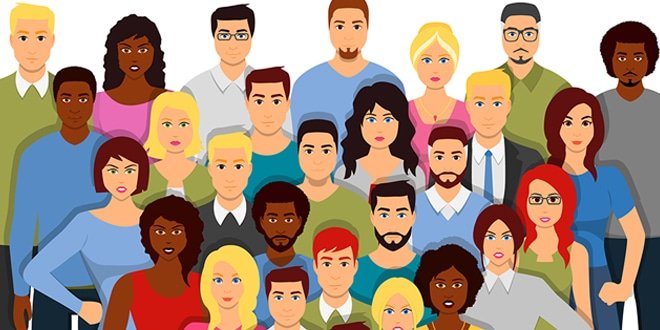Reward is an objective way to describe the positive value an individual ascribes to an object, behavioral act or an internal physical state. Primary rewards include those that are necessary for the survival of species, such as food and successful aggression. Secondary rewards can be derived from primary rewards. Money is a common type of reward. Most of the times, organization rewards its staffs by pay increment or higher bonus. Money is the most direct and easiest way to reward the staff and create a sense of satisfaction.
Nowadays, companies are making many modifications on their rewards system to adopt internal and external changes.… Read the rest





